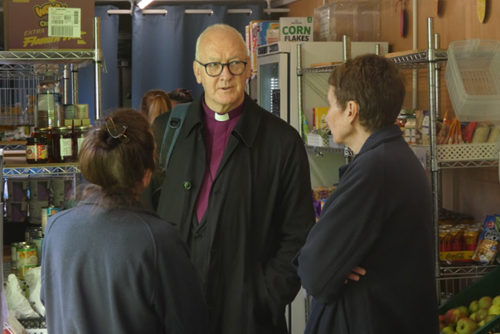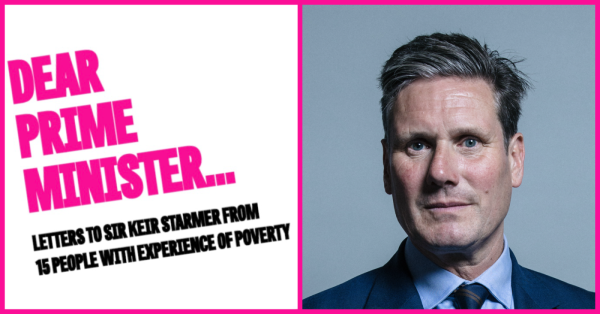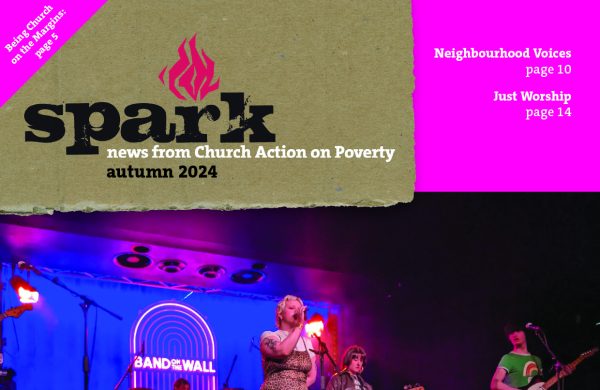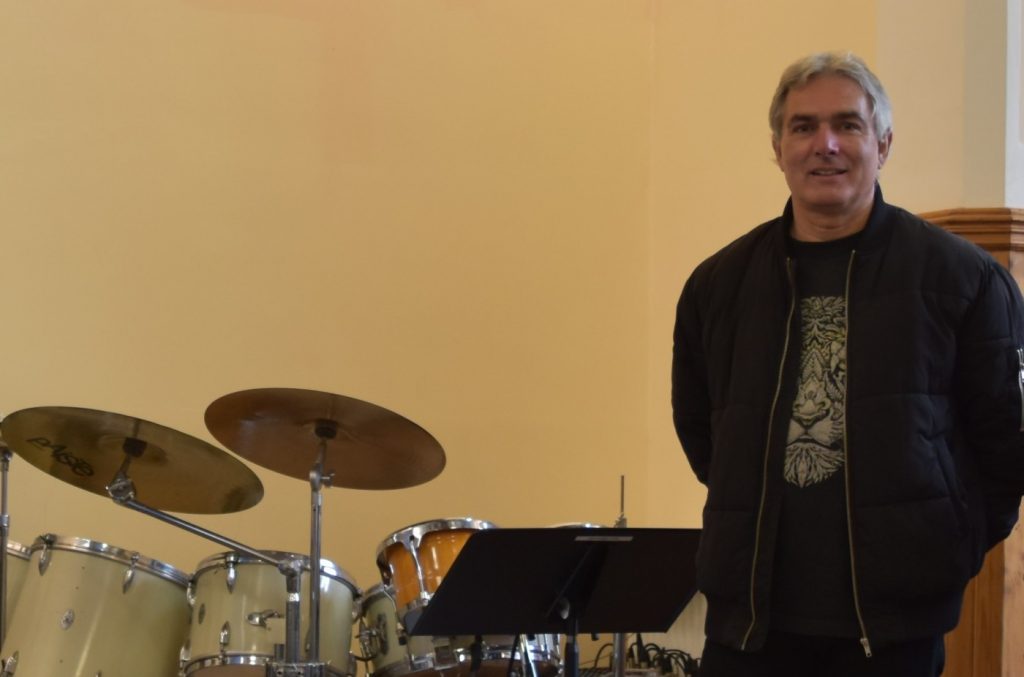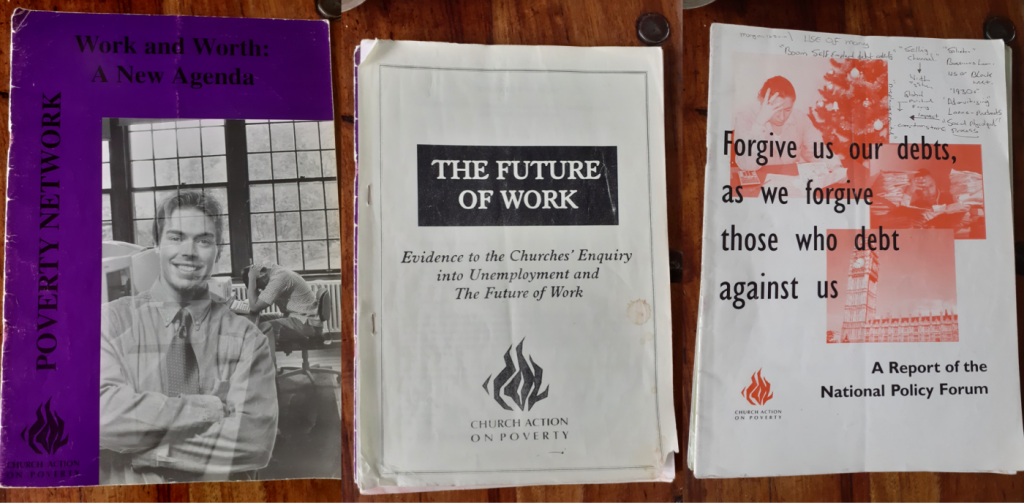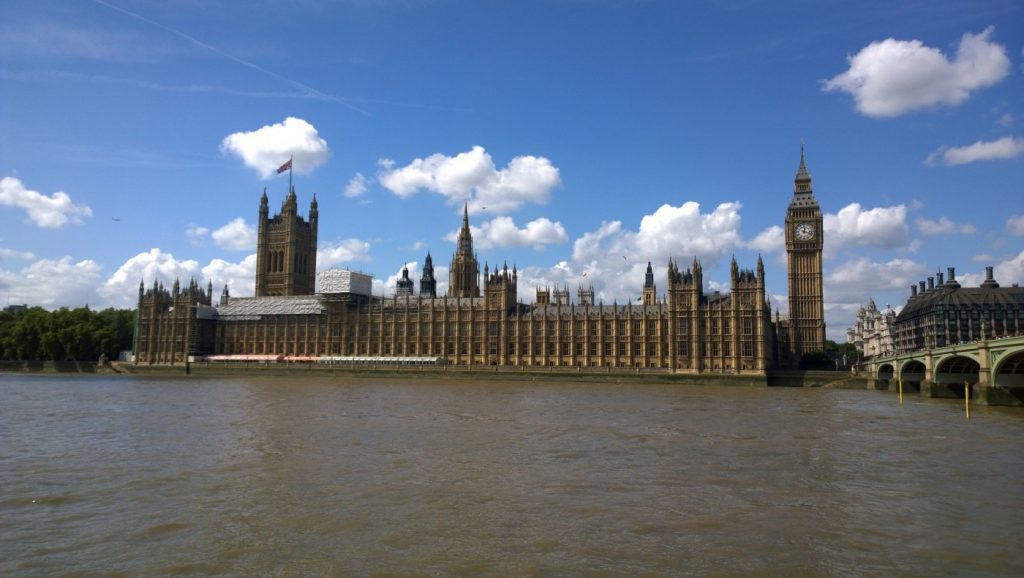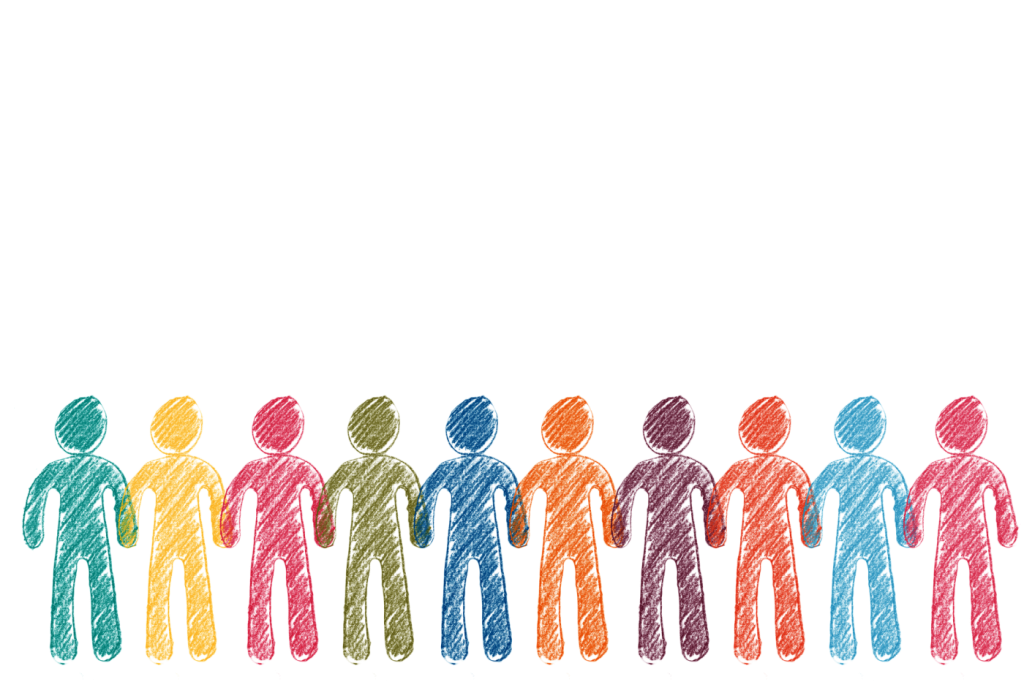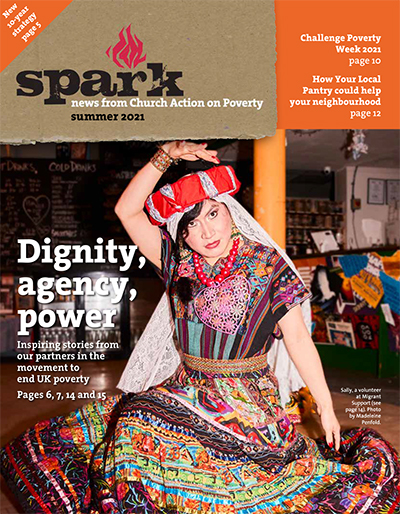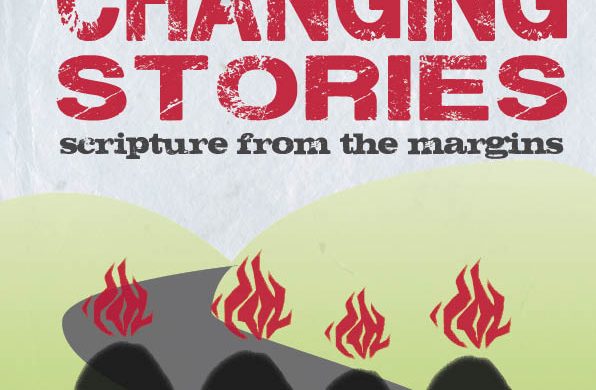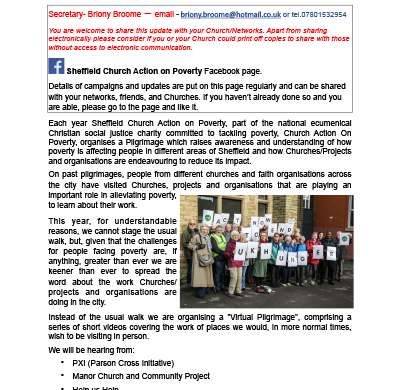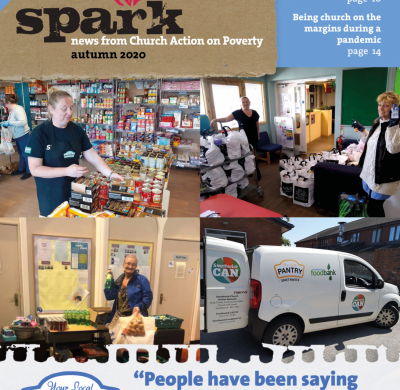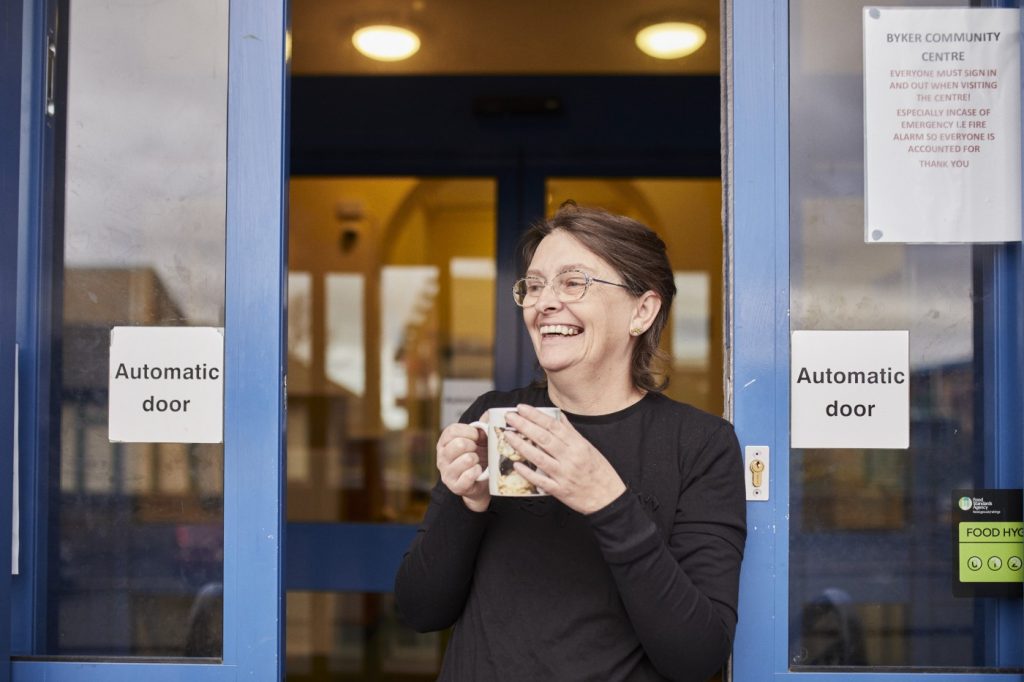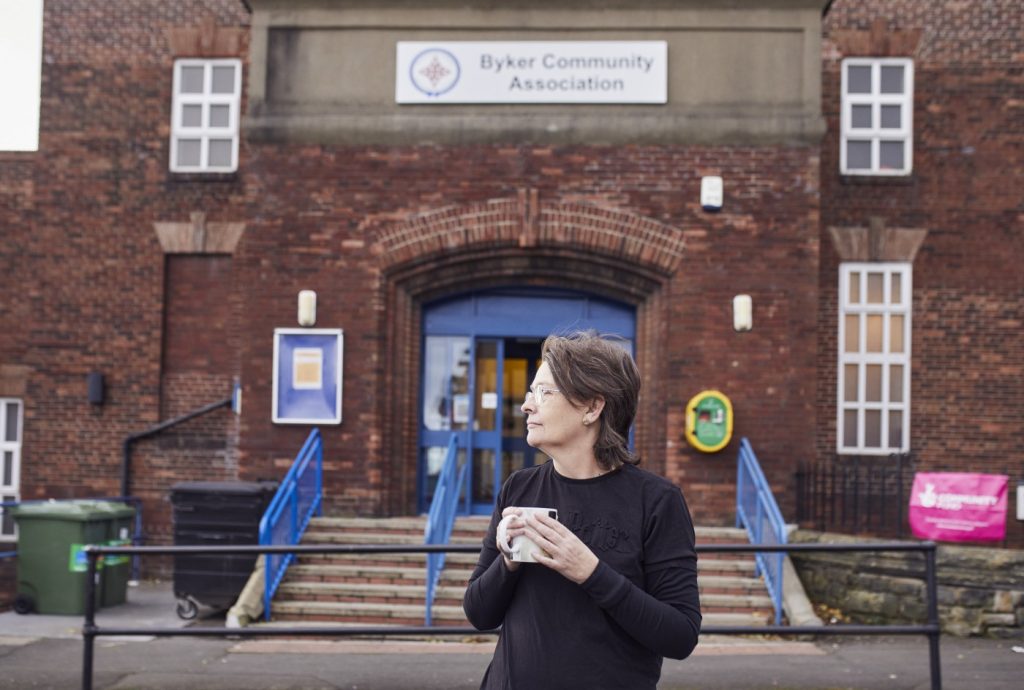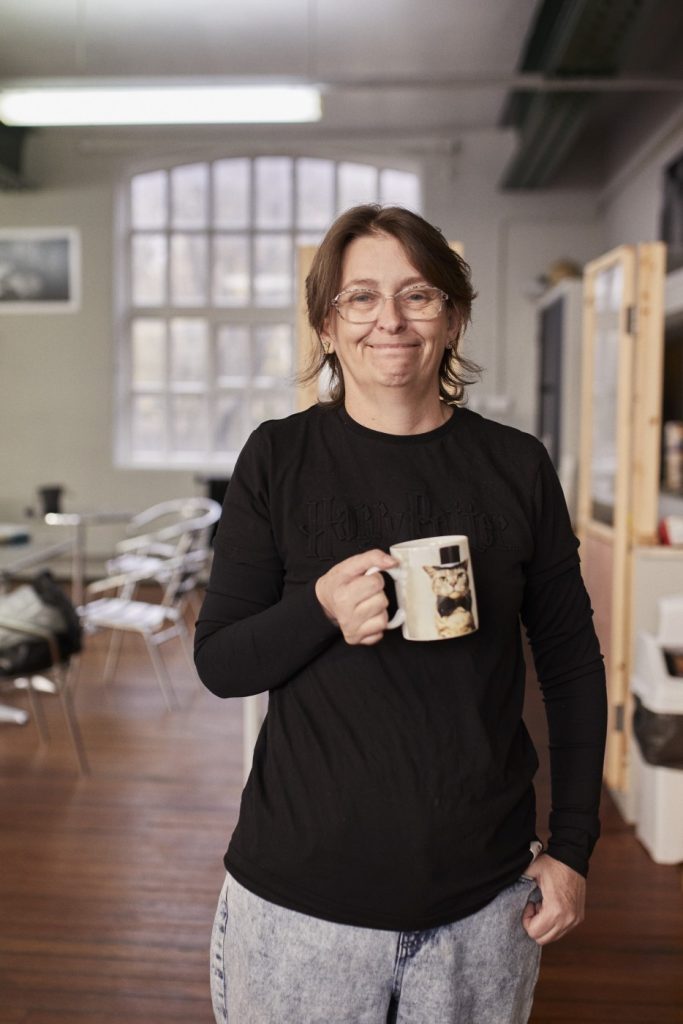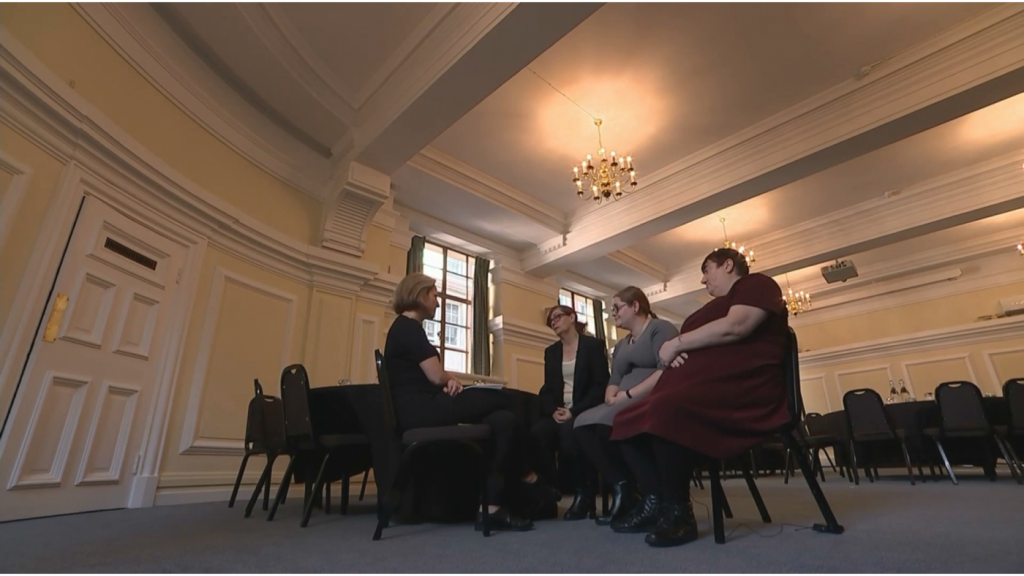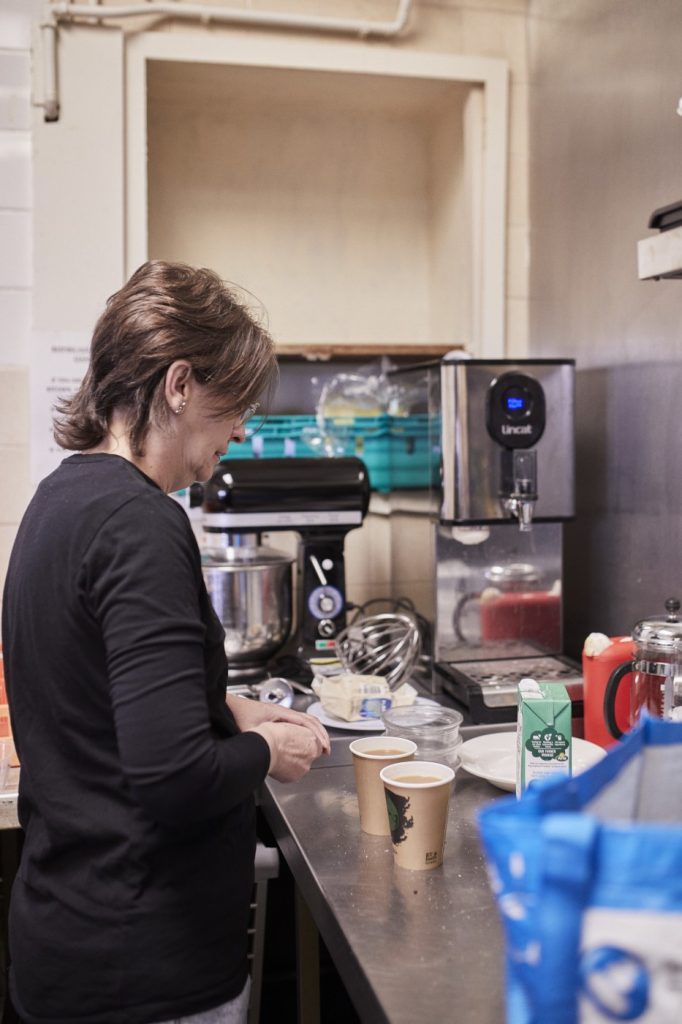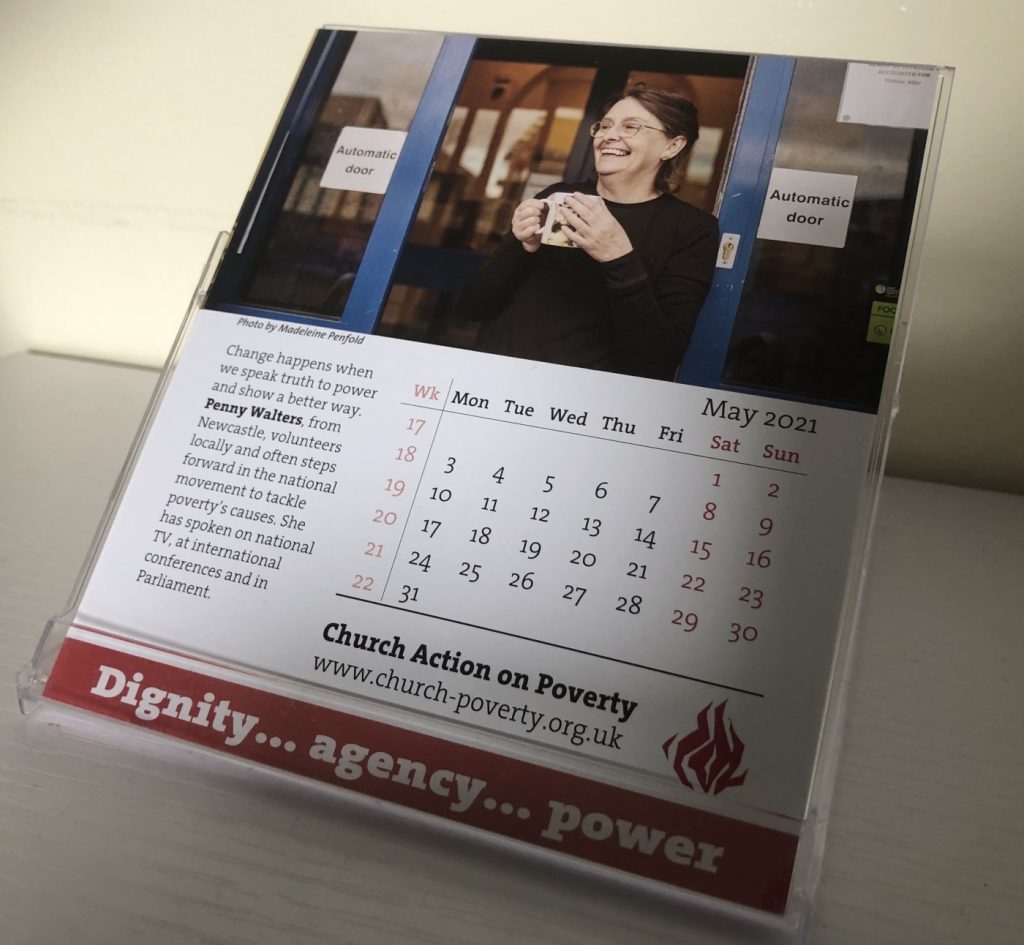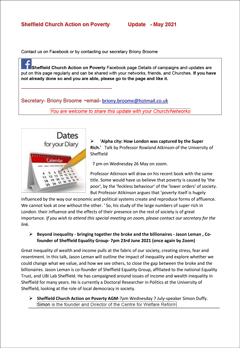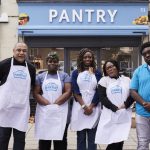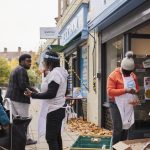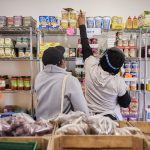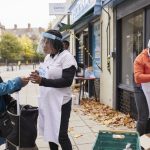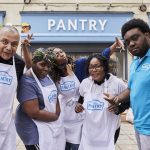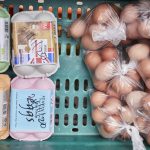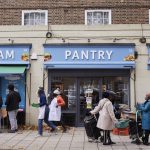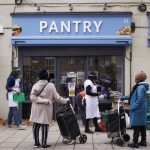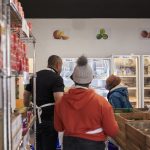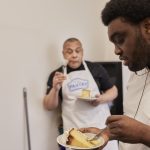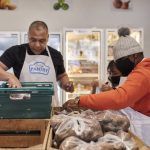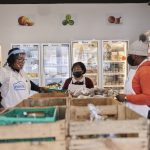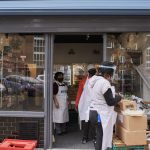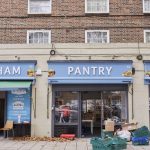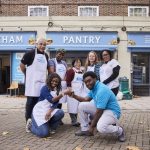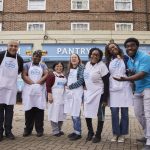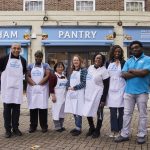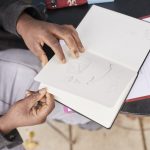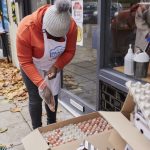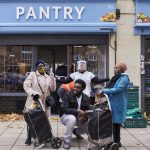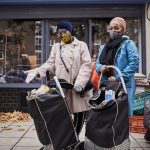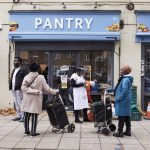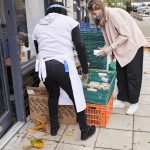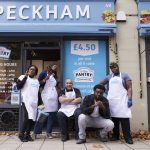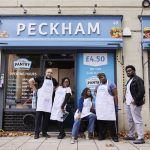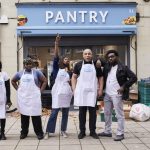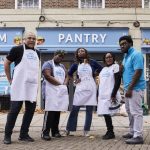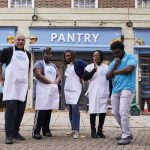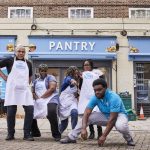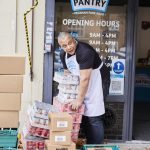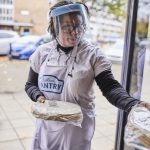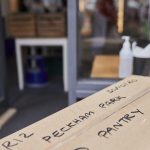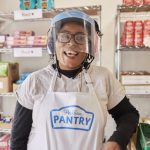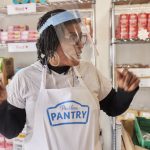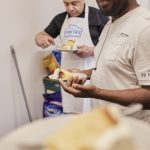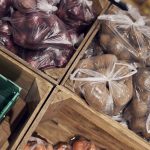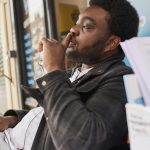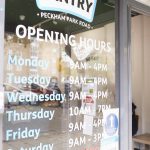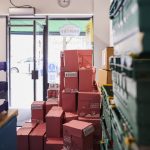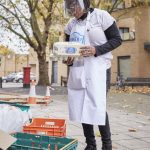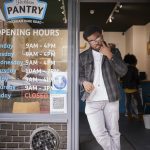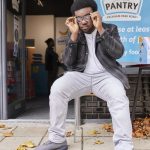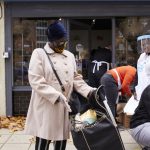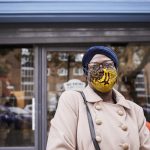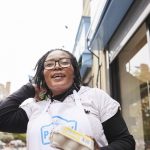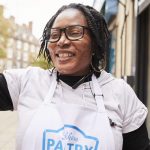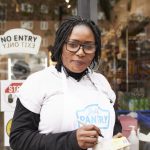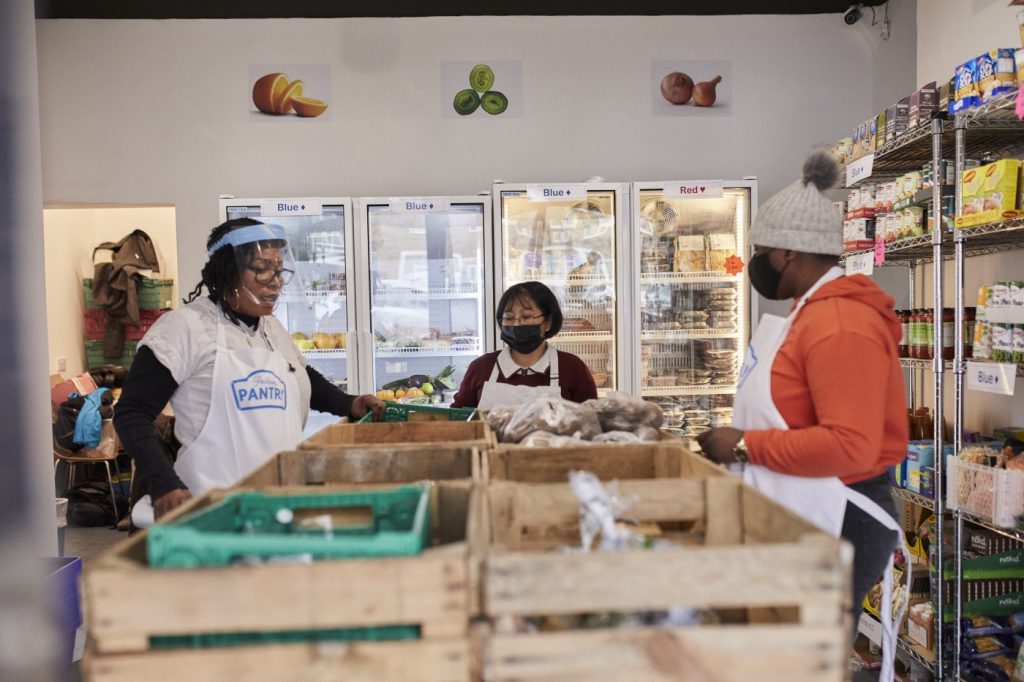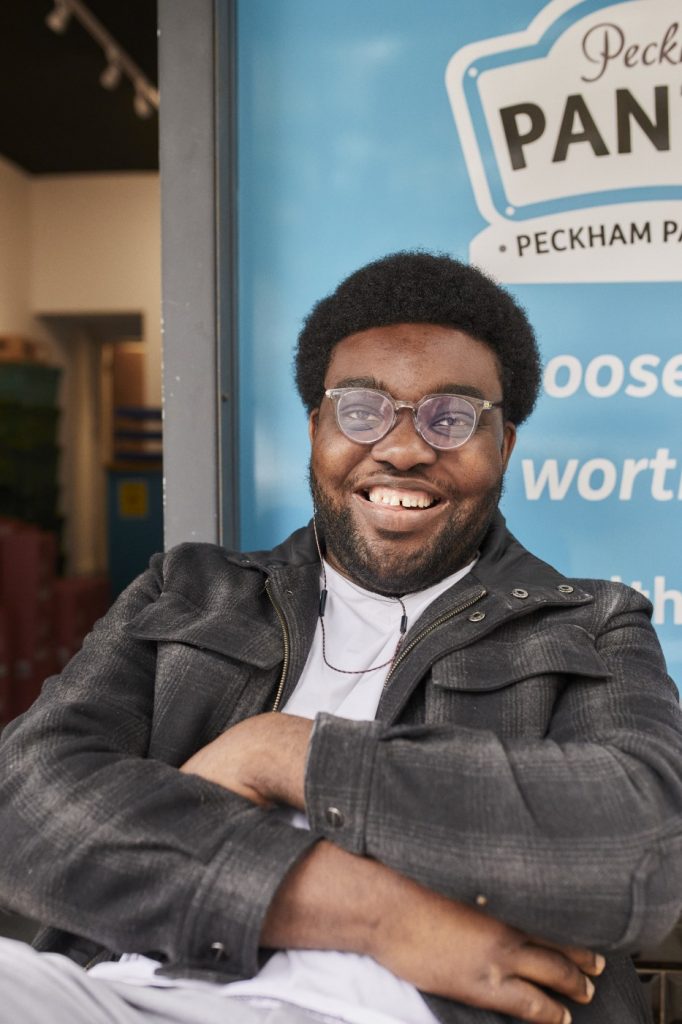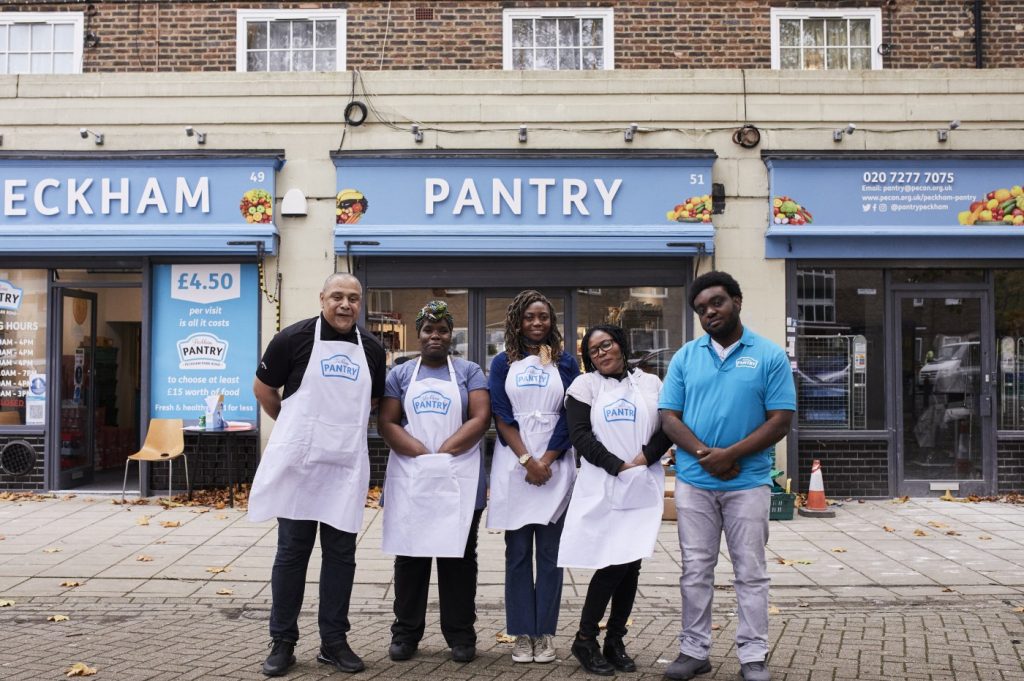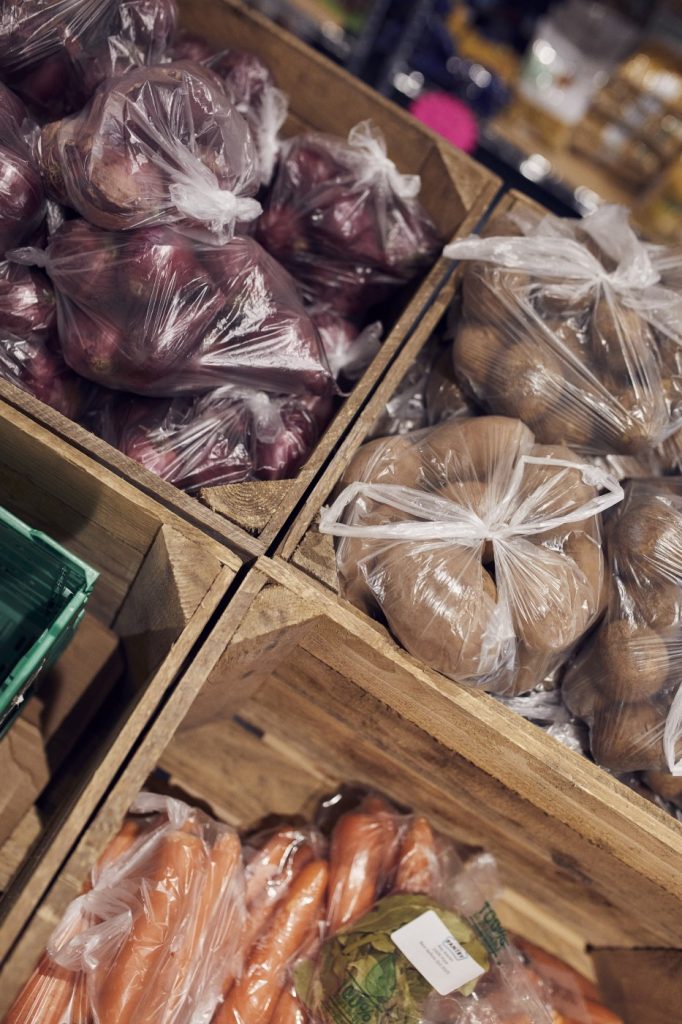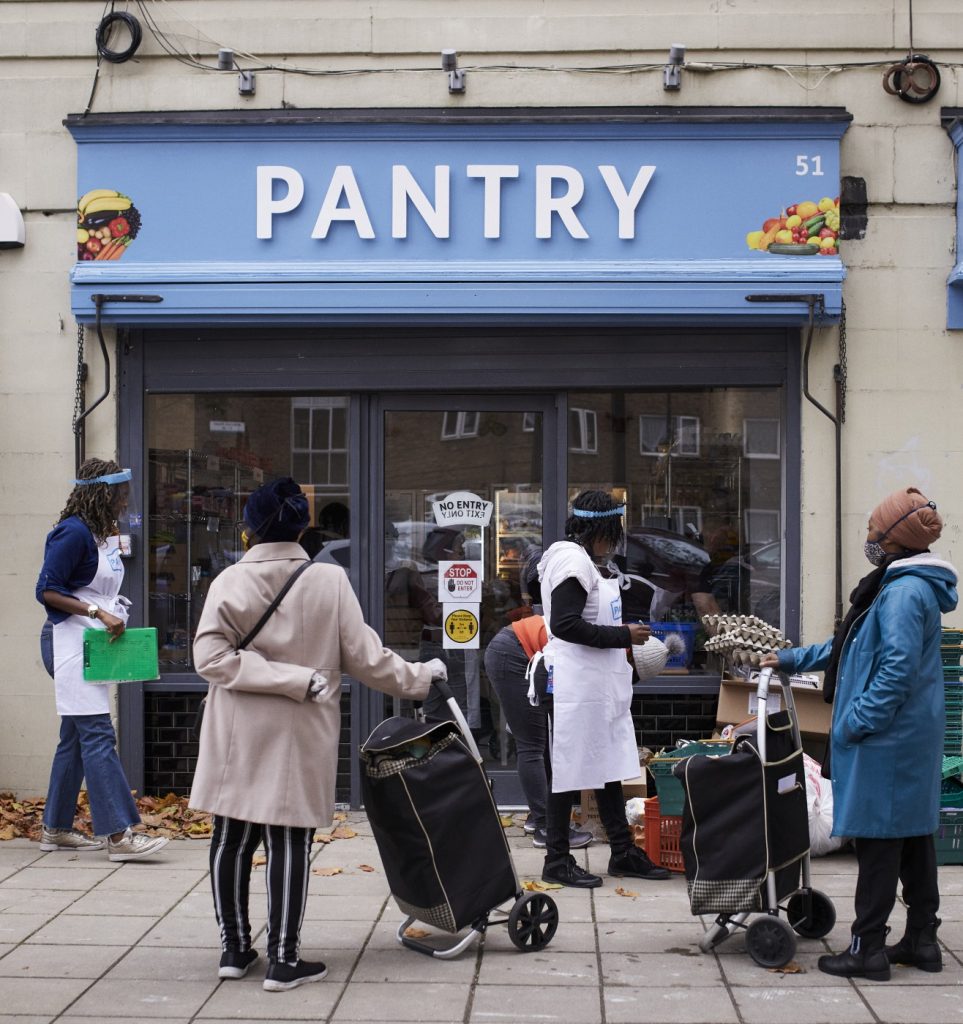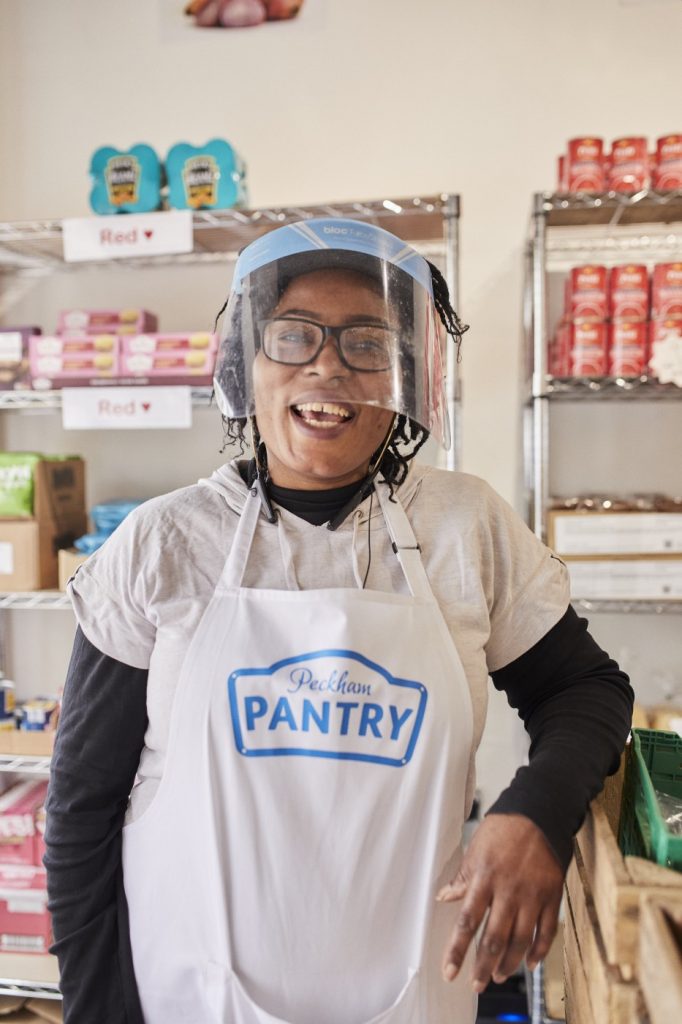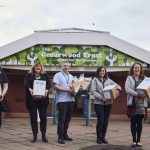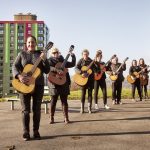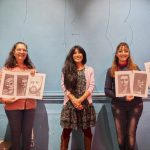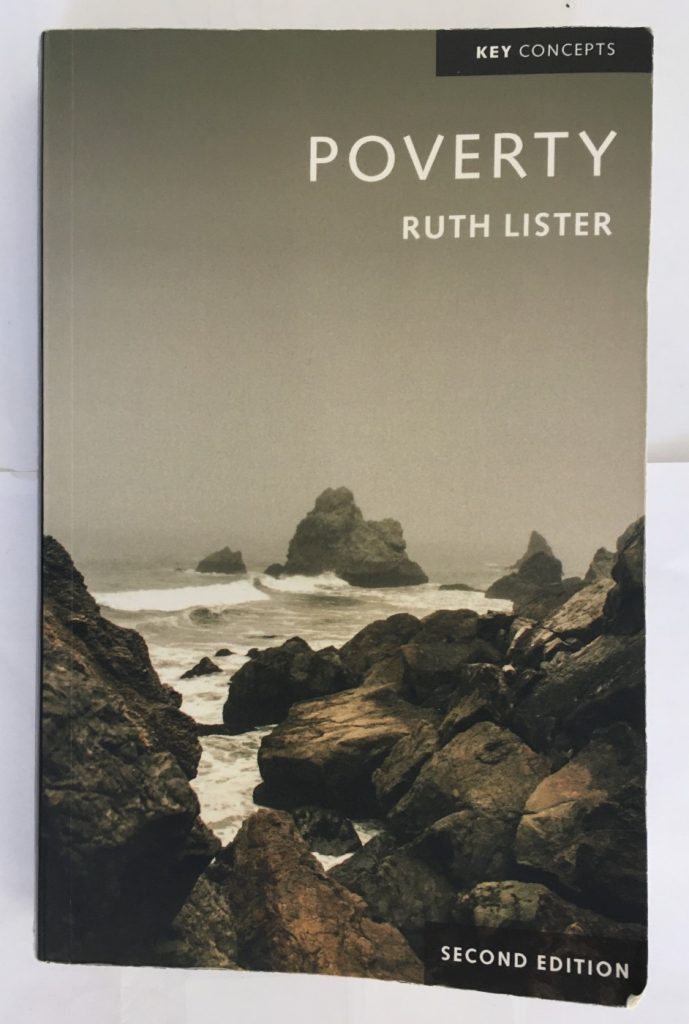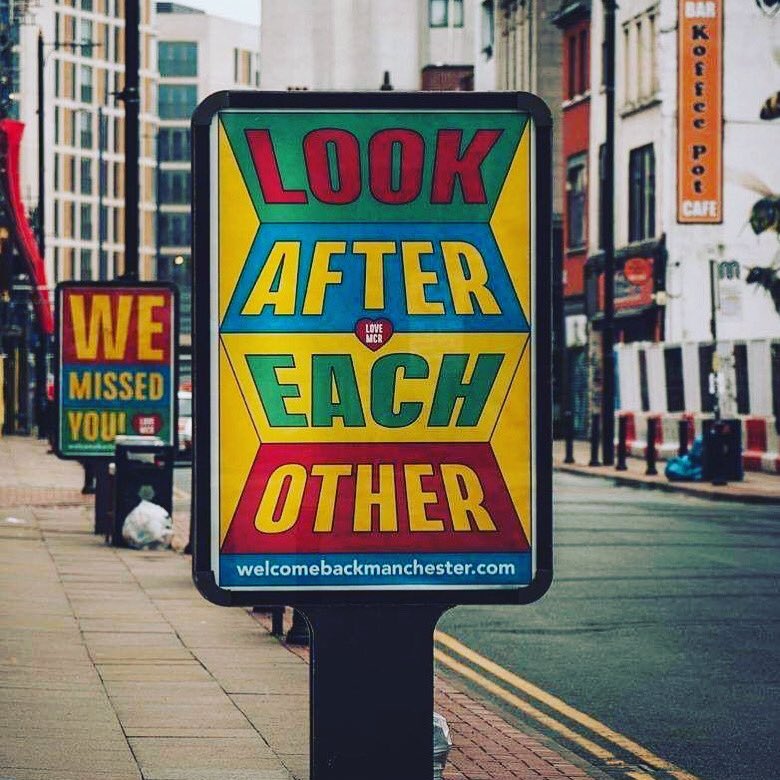Why does digital exclusion matter?
Why does digital exclusion matter? That's the question being explored by our friends at the APLE Collective during June 2021, APLE Month. We invited Tracey Herington to explore the issue in this guest blog.
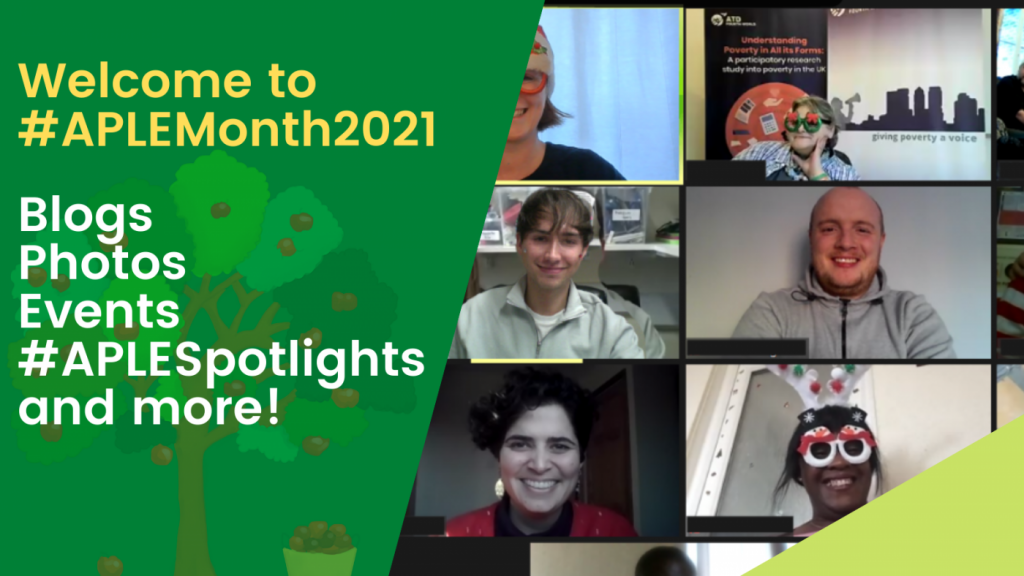
About the APLE Collective
You may well ask what is APLE and why have an APLE month? APLE is a growing coalition of groups and individuals who have experience of poverty, hence the name Addressing Poverty with Lived Experience. The emphasis here being with lived experience. All too often decision- and policy-makers have done things to people and on their behalf. Sometimes we could assume with the best of interests and other times, we could rightly say not with our best interests at heart.
The real experts
Expertise has often been associated with knowledge and knowledge has presumably connotations of formal accepted routes relating to education, certificates or letters after your name. But this is most certainly not true. Expertise and insight come in many different forms. It is the lady down the street who is looking after her grandchildren and is fully appreciative of the lack of appropriate policy responses to carers and their families. It is the guy who has been working a zero-hours contract for the past three years and has no financial security. It is the family who are suffering due to the inadequate levels of child benefit, the two-child limit and rising child care costs. My examples of real-life experiences could continue.
Digital exclusion and the pandemic
During this very challenging year, we have seen the amplification of the very real difficulties faced in our communities. These difficulties are not new, but have intensified and come to the fore. Digital exclusion is one of the many issues preventing people from fully participating in everyday life. Lockdowns led to everything going online – homeschooling, accessing services, staying in touch, connecting with others, accessing a Universal Credit account and searching for jobs. Prior to the pandemic, many people would pop to the local library to log into their journals, pay a council tax bill, meet up with others. What was once an overwhelmingly lengthy process to access entitlements – Personal Independence Payments, for example – became nigh on impossible. No face-to-face meetings, no assessments, no one-to-one support and no way of knowing where to access help because all the help and support was advertised through websites and social media.
Why does digital exclusion matter?
Imagine feeling silenced and cut off from the outside world at the best of times – what if you had no device, no data and little confidence to navigate the many social platforms? This is why the debate around digital exclusion matters. If you are not digitally excluded, how could you possibly comprehend the difficulties and limitations of this situation and how could you possibly meaningfully develop solutions that could actually work?
APLE Month
APLE don’t just talk about the issue or gather stories, we use the insight from personal experiences, coordinate ourselves, make friends, gain allies and seek support from others.
Click here to see the response to date from APLE around the digital divide
For the month of June, The APLE Collective are highlighting and celebrating all of the organisations, charities and individuals who have lived experience of poverty or use their voice to campaign against poverty and inequality. I suppose we would rather not have to amplify the voice of silenced groups. We would much prefer to be commenting upon how fair and equal society was and then showcasing other things. We work tirelessly to ensure positive change and are proud of our members and supporters.

